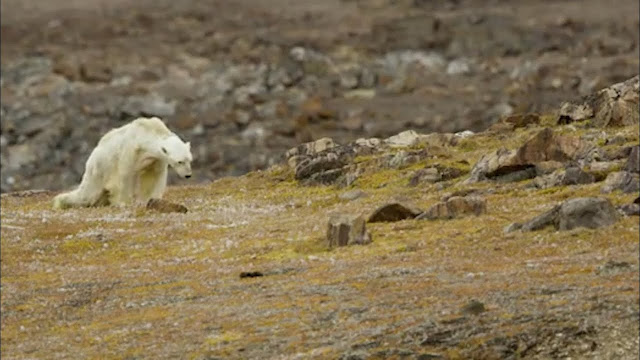Without normally happening ozone-depleting substances (GHGs) like carbon dioxide, our planet would be out and out freezing. That is because ozone harming substances work like, well, a nursery. They let daylight in and trap a portion of its warmth in our climate, making life on Earth conceivable today. At the point when the fragile equilibrium of these GHGs is kept up between what we add and what plants assimilate, the drawn-out normal works out like Goldilocks and the Three Bears forever: Not excessively hot. Not every virus. Another approach to thinking about these gases is as a characteristic cover — keeping the Earth around 60 degrees Fahrenheit (around 30 degrees Celsius) hotter than it would be ordinarily. Anyway, what's the issue? Sounds like ozone harming substances are incredible. Who's the enemy of cover, at any rate? Indeed, when humans consume petroleum derivatives, maybe we're wrapping another, not normal cover around the Earth. That is the reason things are warming up and the climate is evolving.
Non-renewable energy sources — like oil, petroleum gas, and coal — contain carbon that has been bolted away from the common cycle for ages. At the point when we consume these non-renewable energy sources, the carbon joins with oxygen to make carbon dioxide. This additional carbon dioxide (and different GHGs like methane) traps increasingly more warmth in our air. Humans began saddling petroleum derivatives for a huge scope during the Industrial Revolution. The Industrial Revolution started around 1760 and most history specialists mark its end at some point before the center of the following century. Essentially, it was a period of significant change. Before the Industrial Revolution, around 80% of the total populace were rustic ranchers. However, the Industrial Revolution changed how the world lived and functioned, carrying millions to metropolitan focuses to work in plants. The upset saw an amazing blast in advancement. The coal-fueled steam motor, interior ignition motor, radio, car, and plane were conceived in or from innovation created in this period. Alongside numerous different innovations, we observe today.
This period completely changed our reality and the way humans live, but on the other hand, it's had enormous outcomes. Maybe the greatest one has been taking off the utilization of grimy petroleum product energy around the world. As the centralization of carbon dioxide in our climate has expanded since the Industrial Revolution, worldwide temperatures have likewise consistently expanded. As such, there's a solid relationship between's more carbon dioxide and higher temperatures. And keeping in mind that the measure of carbon dioxide in our environment has gone here and there over the long run, all the coal, oil, and gas we've consumed more than two or more hundreds of years mean it hasn't been this high for a huge number of years. We're adding more carbon dioxide into our reality than it can assimilate.
Hotter temperatures aren't the main unique mark humans have left on our evolving planet. Our seas have gotten more acidic. We're seeing more extraordinary climate occasions like tropical storms and out of control fires, and the world's ice sheets and ocean ice are liquefying. We have to do the change to perfect, dependable wellsprings of environmentally friendly power like sun-based and wind. In contrast to petroleum derivatives, renewables don't add ozone-depleting substances to our environment. They're better for our planet and our wellbeing.
Hotter temperatures aren't the main unique mark humans have left on our evolving planet. Our seas have gotten more acidic. We're seeing more extraordinary climate occasions like tropical storms and out of control fires, and the world's ice sheets and ocean ice are liquefying. We have to do the change to perfect, dependable wellsprings of environmentally friendly power like sun-based and wind. In contrast to petroleum derivatives, renewables don't add ozone-depleting substances to our environment. They're better for our planet and our wellbeing.












No comments:
Post a Comment